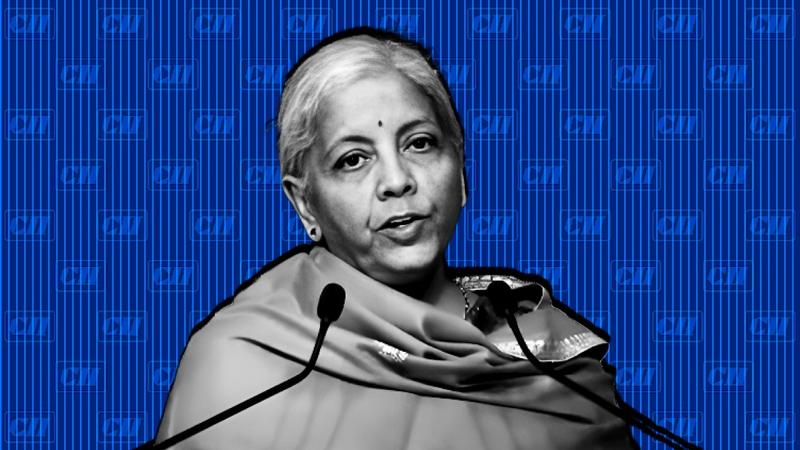Published 16:19 IST, December 29th 2024
Budget 2025: ‘Boosting Consumption, Tax Cuts…..’ CII Wishlist From Budget -Details
Reducing excise duty on fuel, introduction of consumption vouchers, and revising major welfare schemes are the ideas submitted by CII.

In the run-up to Budget 2025, industry body CII has batted for key things in the budget which will not only spur the growth but will also better the growth. CII in its pre-budget proposals has added that the main focus of the government must be domestic consumption and relief for low-income families. Reducing excise duty on fuel, introduction of consumption vouchers, and revising major welfare schemes are the ideas submitted by CII.
Cutting Excise Duty
CII has suggested in its budget proposals that the excise duty on fuel be reduced. The industry body feels that high fuel prices have been one of the primary causes of inflation, and it has hurt the common man more. Fuel duties constitute about 21 per cent of the retail price of petrol and 18 per cent of diesel, and CII points out that these rates have not been changed since May 2022, when global crude prices had fallen by a whopping 40 per cent.
"Lowering excise duty on fuel would reduce overall inflation and increase disposable incomes," said CII, noting that this move would ease the financial burden on consumers, especially those at the lower end of the income spectrum.
Tax Relief and Stimulus
In addition to fuel duty cuts, CII has suggested a reduction in marginal tax rates for personal income up to Rs 20 lakh annually. The organization believes that such a move would trigger a "virtuous cycle" of consumption, higher economic growth, and increased tax revenues. CII also pointed out the disparity between the highest marginal tax rate for individuals (42.74 per cent) and the corporate tax rate (25.17 per cent ), which it considers too high and detrimental to consumer spending.
Chandrajit Banerjee, Director General of CII, emphasized that inflation has significantly eroded the purchasing power of the middle and lower-income segments, thereby making targeted government interventions important to sustain economic momentum.
Consumption Vouchers and Welfare Scheme
CII has suggested consumption vouchers targeting low-income families as a means of stimulating demand. Such vouchers will be issued to cover specific goods and services, which can be utilized within a stipulated period to ensure funds are spent promptly and efficiently.
In addition, CII has asked for a hike in the minimum daily wage in MGNREGS to Rs 375 from the present level of Rs 267. This was a recommendation by the Expert Committee on Fixing National Minimum Wage in 2017. It would require Rs 42,000 crore extra in spending.
Improvement in PM-KISAN and PMAY Schemes
CII has also recommended an increase in the annual payout under the PM-KISAN scheme, which currently provides Rs 6,000 to farmers. The industry body suggested raising this amount to Rs 8,000, which would cost the government an additional Rs 20,000 crore, assuming 10 crore beneficiaries.
The other suggestion from CII is that the government revise the unit costs under PMAY for rural and urban areas, which have not been updated since the scheme's launch.
Focus on Rural Recovery
CII has highlighted recent signs of rural consumption rebounding but calls for focused support from the government to enhance this process. Banerjee emphasized that food prices have been the primary reason for inflationary pressure in the economy, affecting households in the rural economy because they spend a greater share of their income on food. Increased benefits under schemes such as MGNREGS and PM-KISAN along with the proposed consumption vouchers may further strengthen rural recovery and boost domestic consumption.
Updated 16:20 IST, December 29th 2024